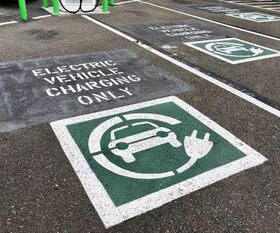Toyota reduces pricing on 2014 Prius Plug-In in US
Green Car Congress
OCTOBER 9, 2013
Production of the 2014 model year Prius Plug-in begins in October with pricing taking effect when these models arrive in showrooms in November.The Prius Plug-in qualifies for a Federal Tax Credit of up to $2,500 in addition to the State of California’s Clean Vehicle Rebate Program (CVRP) which offers a $1,500 rebate. kWh Li-ion battery pack.











Let's personalize your content